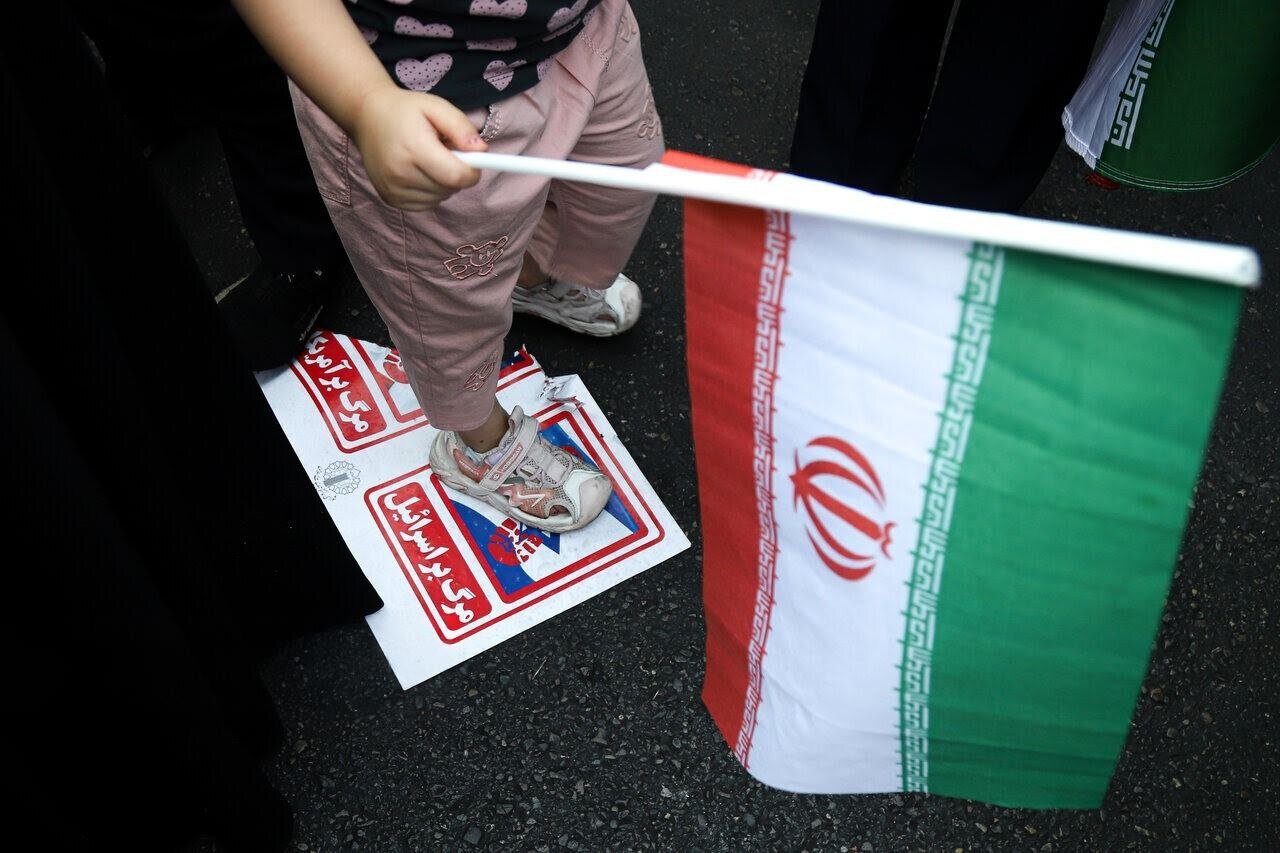After Israeli strikes, Iran unites and refuses to be broken

TEHRAN – Israel’s recent airstrikes on Iran, launched early Friday morning without warning, have left dozens of civilians dead and homes in ruins—particularly in parts of Tehran and central Iran.
The most immediate and visible consequence of the airstrikes has been the destruction of civilian life and property. But what has followed in their wake is equally striking: a wave of public mourning, widespread anger toward Israel, and an unmistakable surge of grassroots unity and defiance that has swept across Iran.
Rather than spread fear or chaos, the attacks appear to have hardened national resolve and created a rare moment of cohesion. Public anger over the killing of civilians, nuclear scientists, and military officials has united a broad spectrum of Iranians—across political and generational lines—in condemnation of foreign aggression.
On Saturday, thousands poured into the streets in cities large and small during nationwide rallies for Eid al-Ghadir. What is traditionally a religious celebration marking the Prophet Muhammad’s designation of Imam Ali as his successor quickly transformed into an occasion of collective resistance. Banners expressing grief for the victims were held alongside religious symbols, and chants against foreign intervention echoed through urban centers.
In Tehran, university student Ali, 23, said he had not initially planned to attend the rally. “But after what happened on Friday, I knew I had to come,” he said. “This is about more than politics now. This is about our people, our homes, our dignity.”
First Vice President Mohammad Reza Aref, speaking on Saturday night, praised the Iranian people for what he called their “courageous and conscious” response. “The fervent and meaningful participation of the brave and foresighted people of our country in rallies marking Eid al-Ghadir shows their bravery and power,” he said. “Such a public response in the face of war sends a clear message to the world—that Iran stands united.”
That message is rooted in grief but also in an insistence on sovereignty and national integrity. In cities like Tehran, Shiraz, Qom, and Isfahan, many citizens gathered not only to celebrate Eid al-Ghadir but to remember those who lost their lives in the strikes and also to show their disgust of the child-killing regime.
Social media has also become a focal point for mourning and testimony. Iranian platforms and messaging apps were flooded with images of destroyed homes, blood-stained rubble, and civilian victims.
One particularly haunting moment came when an Iranian journalist visited a bombed-out residential building in Tehran. Standing among the ruins, she showed blood-stained dresses belonging to children, alongside dust-covered toys and photos. Her voice, breaking slightly during the broadcast, said: “This is what they bombed. Not a base. A bedroom.”
The Israeli attacks extended far beyond residential areas. Multiple locations across Iran—including military facilities, infrastructure, and nuclear sites—were also hit. Tehran has described the attacks as a large-scale act of military aggression.
Global condemnation followed swiftly, with several governments and international organizations criticizing Israel’s actions and calling for restraint.
In response, Iran launched a retaliatory operation late Friday night, codenamed "True Promise III." A volley of missiles was fired toward Israeli positions in the occupied Palestinian territories. The operation began shortly after a televised address by the Leader of the Islamic Revolution, Ayatollah Seyyed Ali Khamenei, who vowed that the Israeli regime would be “rendered helpless” in the face of Iran’s response.
Iranian officials have since warned that any further aggression will be met with an even stronger and more decisive reaction.
Among those martyred in the Israeli attacks were several senior military figures, including Major General Mohammad Baqeri, Chief of Staff of the Iranian Armed Forces; IRGC Commander-in-Chief Hossein Salami; Brigadier General Amir Ali Hajizadeh, head of the IRGC Aerospace Division; and General Gholam Ali Rashid, a prominent IRGC commander.
Their deaths have deepened the nation’s grief—but also intensified its resolve. Despite the tragedy, Iran has made one thing clear: it refuses to be broken.
